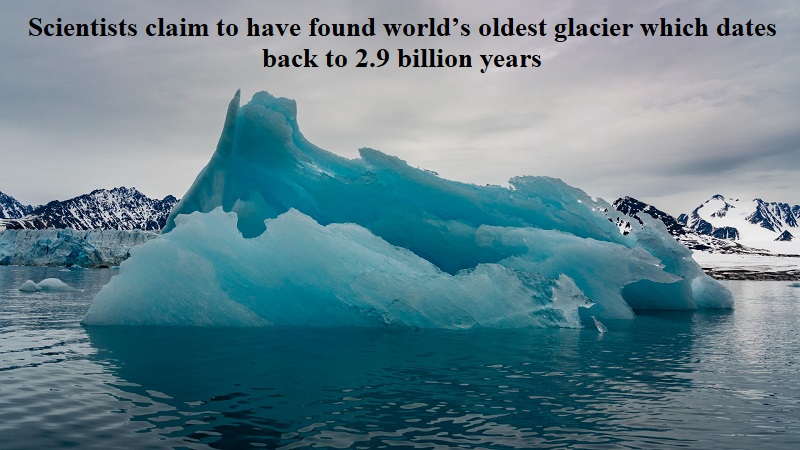
Scientists have made a significant discovery of the world’s oldest-known glaciers in South Africa, hidden near gold deposits. According to the researchers, these glacial sediments date back an astonishing 2.9 billion years. The study, published in Geochemical Perspectives Letters, also suggests that during this time, there were either continental ice caps or the region was situated closer to the Earth’s poles.
The study was conducted by Professor Axel Hofmann from the University of Johannesburg and Professor Ilya Bindeman from the University of Oregon. They examined shale deposits and analyzed core samples from rocks beneath the world’s largest gold deposits in South Africa.
The core samples were taken from the Kaapvaal Craton in South Africa and were part of the Pongola Supergroup, which is renowned for being one of the most extensive and well-preserved volcano-sedimentary successions from the Mesoarchaean era, dating back between 3.2 billion to 2.8 billion years ago.
To determine the climate conditions during the time when these sediments were formed, the scientists utilized triple oxygen isotope analysis, which measures different forms of oxygen isotopes present in the sediment. The isotopes present in the samples indicated that the climate was cold when the rocks were deposited, pointing to the presence of ice.
Remarkably, the researchers also identified the world’s oldest fossilized glacial moraines, which are debris left behind by a glacier as it melts and contracts. Professor Bindeman described these as the oldest moraine deposits ever discovered.
This discovery of glacial material offers valuable insights into Earth’s climate and geography during that ancient period. One theory proposed by the study’s authors is that the region in South Africa might have been positioned near one of the poles 2.9 billion years ago.
Alternatively, there is a possibility that the Earth was experiencing a “snowball Earth” phase, characterized by low levels of greenhouse gases like carbon dioxide and methane, leading to a “reverse greenhouse effect” that caused widespread freezing across the planet. Professor Hofmann suggested that this might be the earliest such global cooling period on record, which makes both possibilities scientifically intriguing.

Post Your Comments